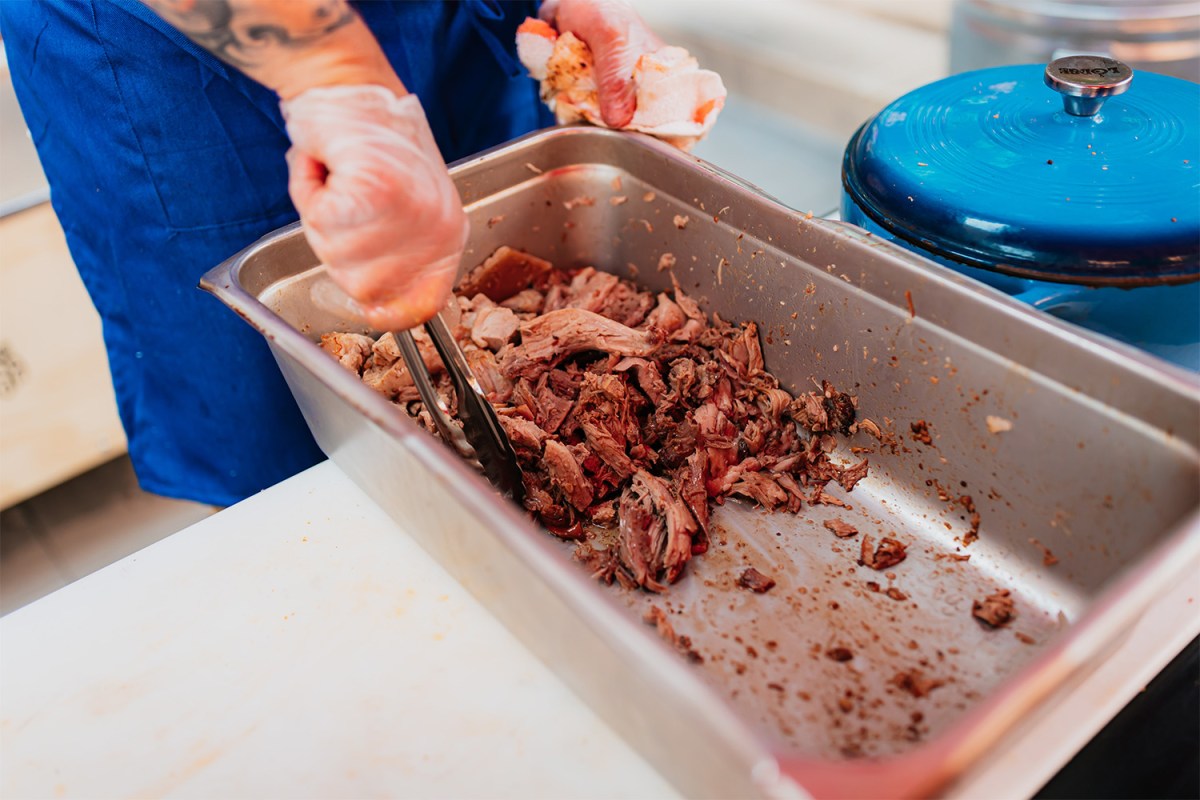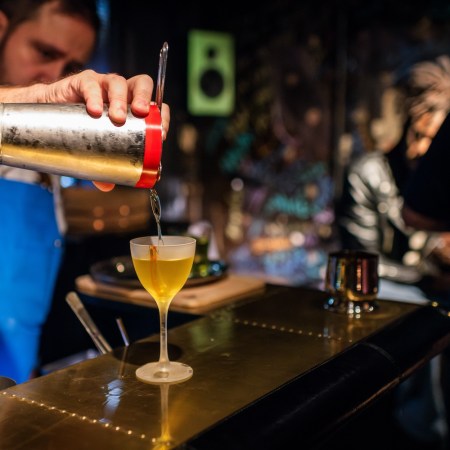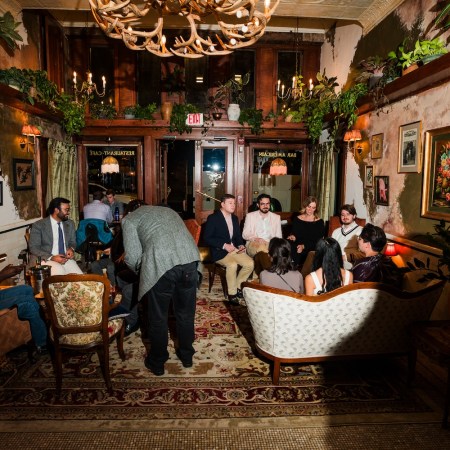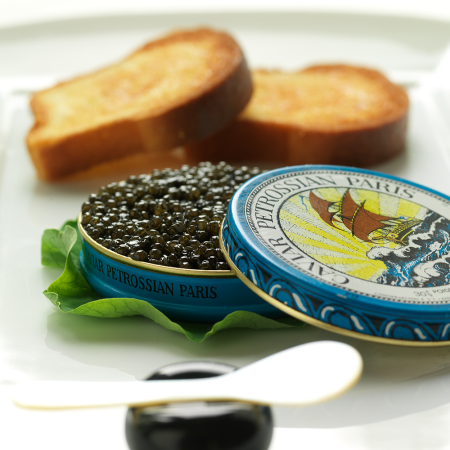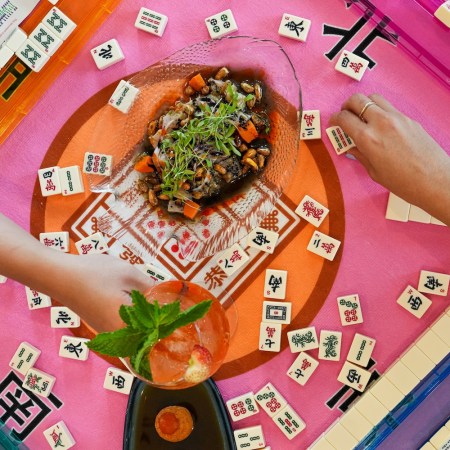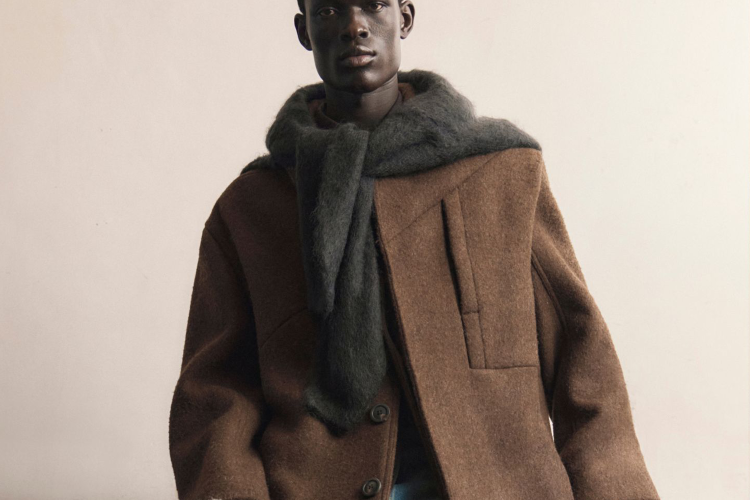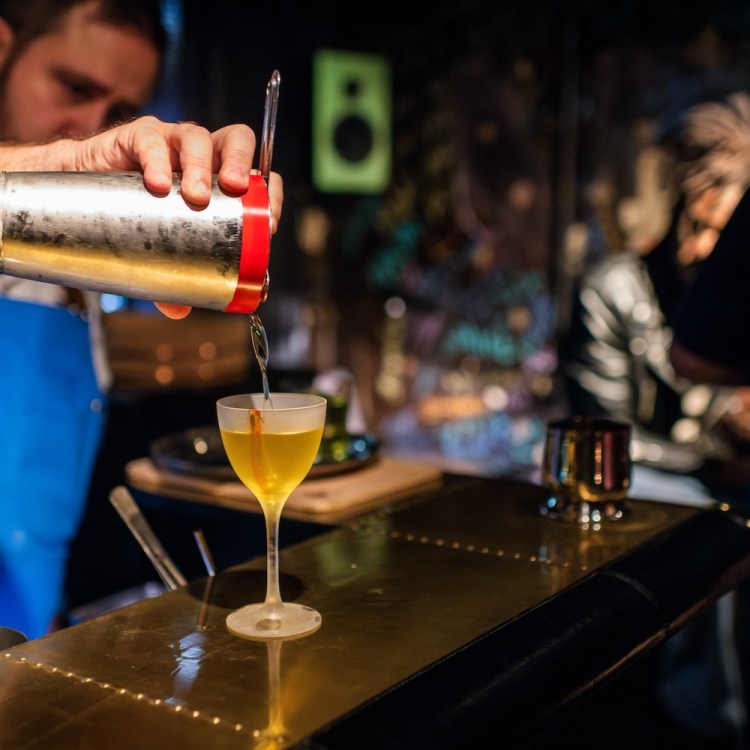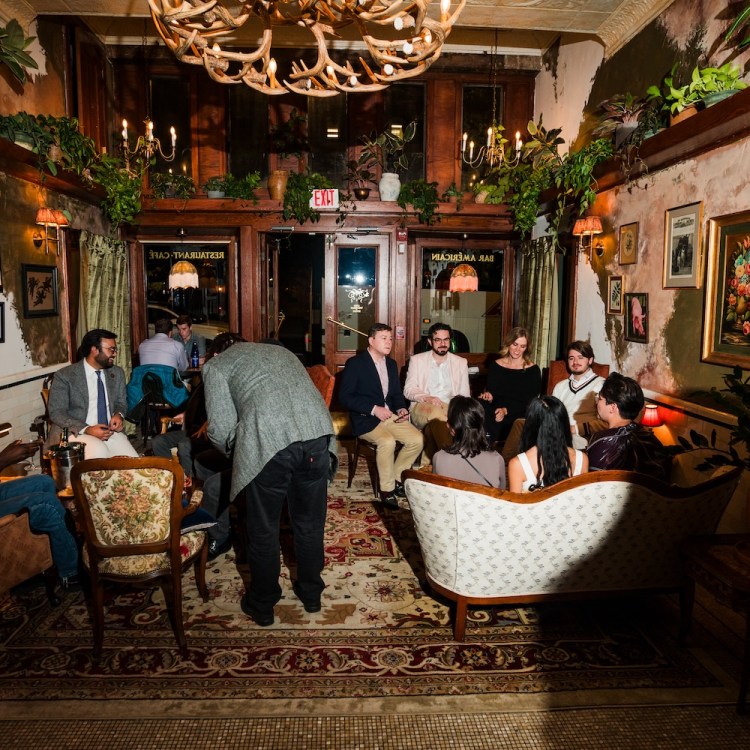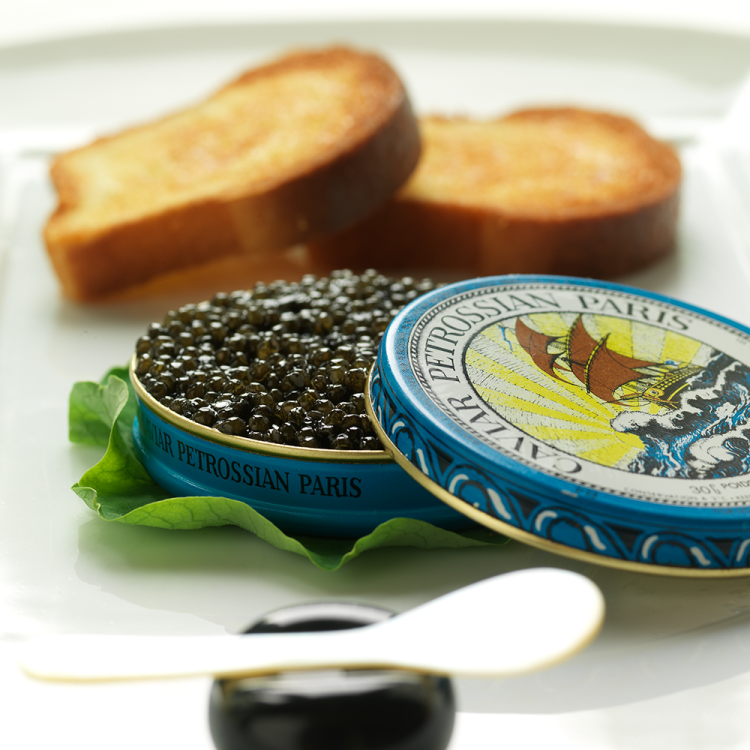If you grew up in a Puerto Rican community, chances are, summer was synonymous with lechon asado: roasted suckling pig cooked over charcoal and served alongside verduras, rummy cocktails and loads of reggaetón. At least, that’s how chef Joancarlo Parkhurst of Navy Yard’s La Famosa remembers it.
“In Puerto Rico, lechon and pernil — and just kind of roast pork in general — are a ubiquitous part of our culinary lexicon,” he says. Specifically in the area called Guavate (nicknamed Puerto Rico’s Pork Highway), tradition demands that locals spend weekends going from lechonera to lechonera, lingering at their favorites.
“It’s very much part of our island culture,” Parkhurst says. “You find that on a lot of islands, right? The Hawaiians do the same thing, as do the Filipinos. But yeah, it’s just something that’s very Puerto Rican.”
It’s exactly the vibe he delivered to DC in late May, with a neighborhood pig roast that welcomed over 500 guests. If you missed it — or you just want to recreate the vibe of Guavate at home — here’s Parkhurst’s how-to guide for a Boricua-style pig roast in your very own backyard.
The Pork
In Puerto Rico, lechon asado typically begins with a whole suckling pig, which is dry salt brined, seasoned with garlic-scented mojo, citrus, clove and adobo and spit-roasted over an open fire. Parkhurst recently relied instead on a Caja China, an innovation that may have roots in the roasting boxes pioneered by Chinese immigrants in Cuba. But you can make things even simpler at home by starting not with a whole suckling pig, but rather with a pork butt or a pork tenderloin wrapped in pork belly. Either cut, Parkhurst says, can be marinated like a whole hog and slow-cooked on your grill’s spit attachment — or in a low, 325º F oven — for a few hours before broiling or cooking over direct heat for that luscious char.
“Obviously, it’s going to be, in my opinion, a little bit better if you have the ability to use charcoal, because you’re going to get a little bit of smoke,” he says. “But you can evoke that flavor profile and vibe at home.”
The Sides
A pig roast, according to Parkhurst, is typically accompanied by verduras — but don’t let your high-school Spanish deceive you.
“For us, verduras don’t mean greens; they mean different root vegetables,” he says, citing yautias, yucas, ñames and white sweet potatoes, all of which, he says, are traditionally either boiled or steamed and served with olive oil and sautéed onion. Other options for sides include pickled green banana or arroz con verduras.
The Drinks
“Plenty of cold beer” is a no-brainer for Parkhurst, who also loves mixing up a cocktail for guests to enjoy while they wait for the pig to cook.
“We obviously have a penchant at La Famosa for rum-based cocktails,” he says. “So we do everything from piña coladas to rum sours to daiquiris.”
Parkhurst suggests planning on one crowd-pleasing pre-batch cocktail to make life easier.
“Do some kind of daiquiri or something, so that it’s easy and accessible to everyone,” he suggests. “And plenty of water.”
The Entertainment
At the neighborhood cookout hosted by La Famosa, the restaurant also welcomed Los Hijo ‘e Plena, a crew of performers of Bomba and Plena, for some live entertainment. But to get a good vibe going at home, a good Spotify playlist is all you need.
The restaurant, Parkhurst says, generally relies on “a pretty eclectic playlist” with “everything from Tito Puente to Bad Bunny to Mark Anthony.”
“I like old-school like Vico C and I listen to old DJ Playero remixes,” adds the chef. “But I think anything that evokes that tropical vibe, and you’re good to go.”
The Crowd
The most important part of any pig roast, according to Parkhurst, is the company.
“It’s typically done in groups; it’s not something you’re gonna do by yourself,” he says. “Because of the amount of protein that you usually have to cook.”
Given the long cooking time, he recommends gathering friends, drinks and “maybe a couple of sets of dominos for people to play while you’re roasting the pig. That should be pretty chill.”
“I think what roasting pork or doing a pig roast is all about,” he adds, “is to get a kind of communal, family experience going.”
This article was featured in the InsideHook DC newsletter. Sign up now for more from the Beltway.
